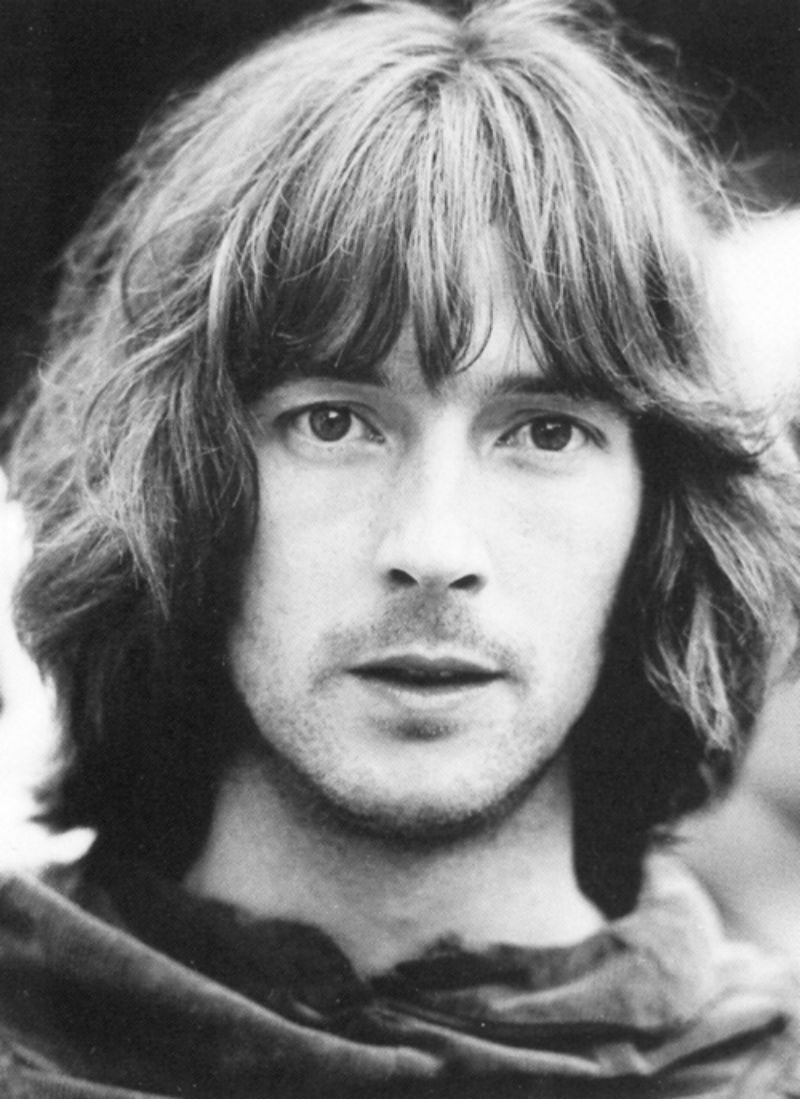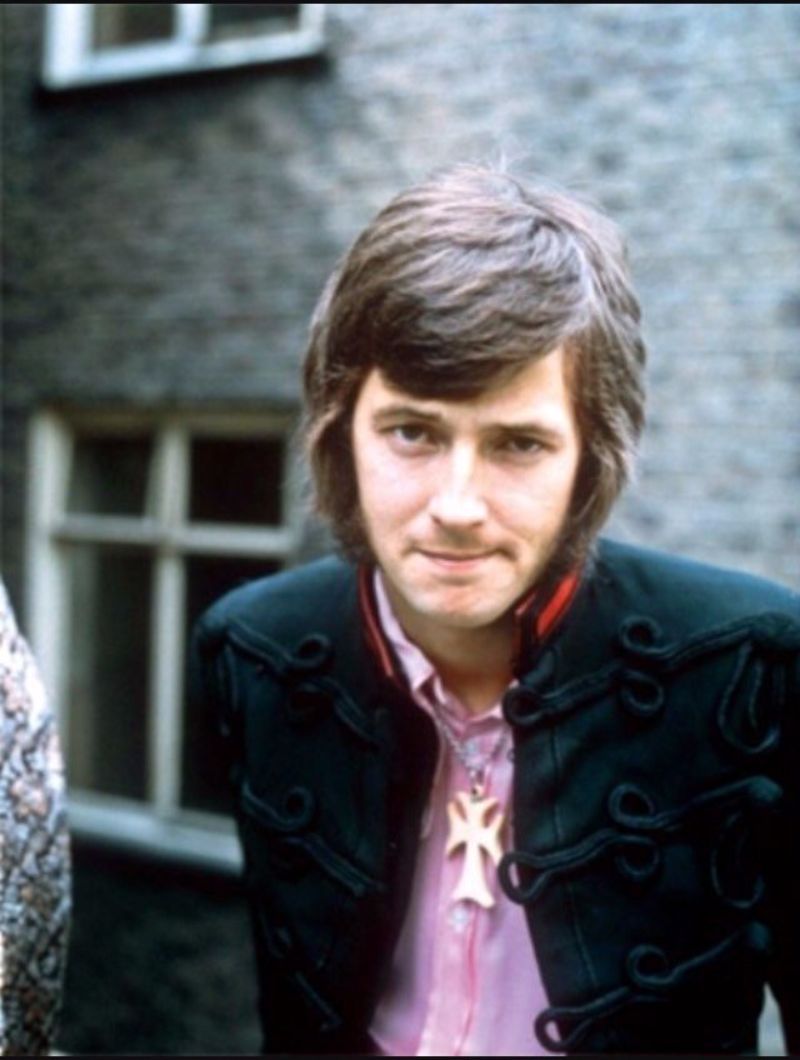Eric Clapton young years shaped the legendary guitarist we know today. Born on March 30, 1945, in Ripley, Surrey, England, Clapton's early life was filled with challenges that would later influence his music profoundly. Growing up in a post-war environment, Clapton faced various obstacles that helped develop his exceptional talent and passion for music. This article explores the formative years of Eric Clapton, detailing his journey from a young boy to a rock icon.
In this comprehensive look at Eric Clapton's youth, we will examine his family background, musical influences, and the experiences that led him to become one of the most celebrated guitarists in history. The impact of his early life on his career cannot be overstated, as it laid the foundation for his future successes in the music industry.
From his first encounter with the guitar to the bands he played with during his teenage years, we will delve into the key moments that defined Clapton's early career. By understanding these elements, we can appreciate the complexities of his artistry and the depth of his music. So, let's embark on this journey through the young years of Eric Clapton.
Table of Contents
- Early Life and Family Background
- Musical Influences
- First Guitar and Musical Beginnings
- Teenage Bands and Performances
- Influence of Blues Music
- First Recordings and Breakthrough
- Legacy of Eric Clapton's Early Years
- Conclusion
Early Life and Family Background
Eric Clapton was born to a teenage mother, Patricia Molly Clapton, who was just 16 years old at the time of his birth. His father, Edward Walter Fryer, was a Canadian soldier who left before Clapton was born. This left Clapton to grow up in a single-parent household, raised by his mother and grandparents. This unconventional family setting undoubtedly influenced his personality and lifelong struggles with abandonment and identity.
Throughout his childhood, Clapton lived in various locations, including the suburbs of London. He was raised in a loving environment by his grandparents, who provided him with a sense of stability. However, the absence of his father left a significant mark on Clapton's emotional landscape. His upbringing was filled with a mix of love and instability that would later manifest in his music.
Musical Influences
Eric Clapton's early musical influences played a significant role in shaping his unique sound. As a child, he was exposed to a variety of music genres, including blues, rock, and folk. His love for music blossomed when he discovered the guitar at a young age, which became his primary means of expression.
Some of the key artists that influenced Clapton during his formative years include:
- Buddy Holly
- Chuck Berry
- Elmore James
- B.B. King
These artists not only inspired Clapton's musical style but also instilled in him a deep appreciation for the guitar as an instrument of storytelling and emotion. The combination of these influences laid the groundwork for Clapton's future work as a musician.
First Guitar and Musical Beginnings
At the age of 13, Clapton received his first guitar, a Spanish model that ignited his passion for playing. He taught himself to play by listening to records and mimicking the sounds he heard. This self-taught approach allowed him to develop a unique playing style that would later become his trademark.
Clapton's early performances were mostly informal, playing in local clubs and gatherings. His dedication and talent began to shine through as he honed his skills and gained confidence in his abilities. These formative experiences not only helped him grow as a musician but also introduced him to the vibrant music scene in London.
Teenage Bands and Performances
During his teenage years, Clapton joined several bands that played in the local clubs and pubs around London. One of the first bands he joined was The Roosters, which primarily played blues music. This experience allowed Clapton to gain valuable stage experience and further refine his guitar skills.
In 1963, Clapton became a member of The Yardbirds, a band known for its innovative approach to blues and rock music. This was a significant turning point in his career, as it provided him with a platform to showcase his exceptional guitar talent to a wider audience. His time with The Yardbirds also allowed him to collaborate with other talented musicians who would shape the future of rock music.
Influence of Blues Music
The influence of blues music on Eric Clapton's early years cannot be overstated. As a young guitarist, Clapton was particularly drawn to the emotive power of blues, which resonated with his personal experiences and struggles. He often cited blues legends such as Robert Johnson and Muddy Waters as major influences on his playing style.
The raw emotion and storytelling found in blues music mirrored Clapton's own life experiences. This connection fueled his passion for the genre and motivated him to incorporate blues elements into his own music. As a result, Clapton became known for his ability to blend blues with rock, creating a distinctive sound that would later define his career.
First Recordings and Breakthrough
Clapton's breakthrough came in the mid-1960s when he joined the supergroup Cream, which featured Jack Bruce and Ginger Baker. Their innovative sound and powerful performances catapulted Clapton into the spotlight. The band's success allowed him to showcase his exceptional guitar skills on a larger scale, and they quickly became one of the most influential bands of the era.
During this time, Clapton also began to experiment with his songwriting, producing hits such as "Sunshine of Your Love" and "Crossroads." These tracks not only showcased his guitar prowess but also solidified his reputation as a songwriter. Clapton's early recordings laid the foundation for his future solo career, which would further establish him as a rock legend.
Legacy of Eric Clapton's Early Years
The early years of Eric Clapton's life and career played a crucial role in shaping the musician he would become. His struggles with family dynamics, musical influences, and formative experiences all contributed to the development of his artistry. Clapton's ability to blend personal experiences with his music resonated with audiences and helped establish him as one of the greatest guitarists of all time.
Today, Clapton's legacy continues to inspire new generations of musicians. His impact on rock and blues music is undeniable, and his early years serve as a testament to the power of perseverance and passion in the face of adversity.
Conclusion
In summary, Eric Clapton's young years were marked by significant events and influences that shaped his journey as a musician. From his challenging family background to his early musical experiences, each element played a vital role in developing the artist we know today. Clapton's story serves as an inspiring reminder of the power of music to transcend life's hardships.
We invite you to share your thoughts on Eric Clapton's early years in the comments below. If you enjoyed this article, consider sharing it with friends or exploring other content on our site that delves into the lives of legendary musicians.
Thank you for reading, and we hope to see you back soon for more insights into the world of music!
You Might Also Like
Bigi Jackson: The Life And Legacy Of Michael Jackson's Youngest SonHeidi Klum And Husband: A Deep Dive Into Their Life And Love Story
Are Jimmy Stewart's Daughters Still Alive? A Deep Dive Into Their Lives And Legacy
Ronnie Coleman In Prime: The Unrivaled Legacy Of A Bodybuilding Legend
Exploring The Fascinating Relationship Between Rosalía And Jeremy Allen White: A Deep Dive
Article Recommendations
- Shirley Jones Actress
- Matt Smith Girlfriend
- Unraveling The Legacy Of Hennessy P Diddy A Toast To Success


